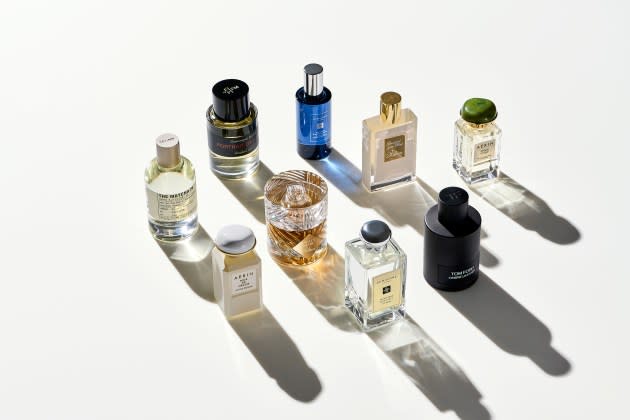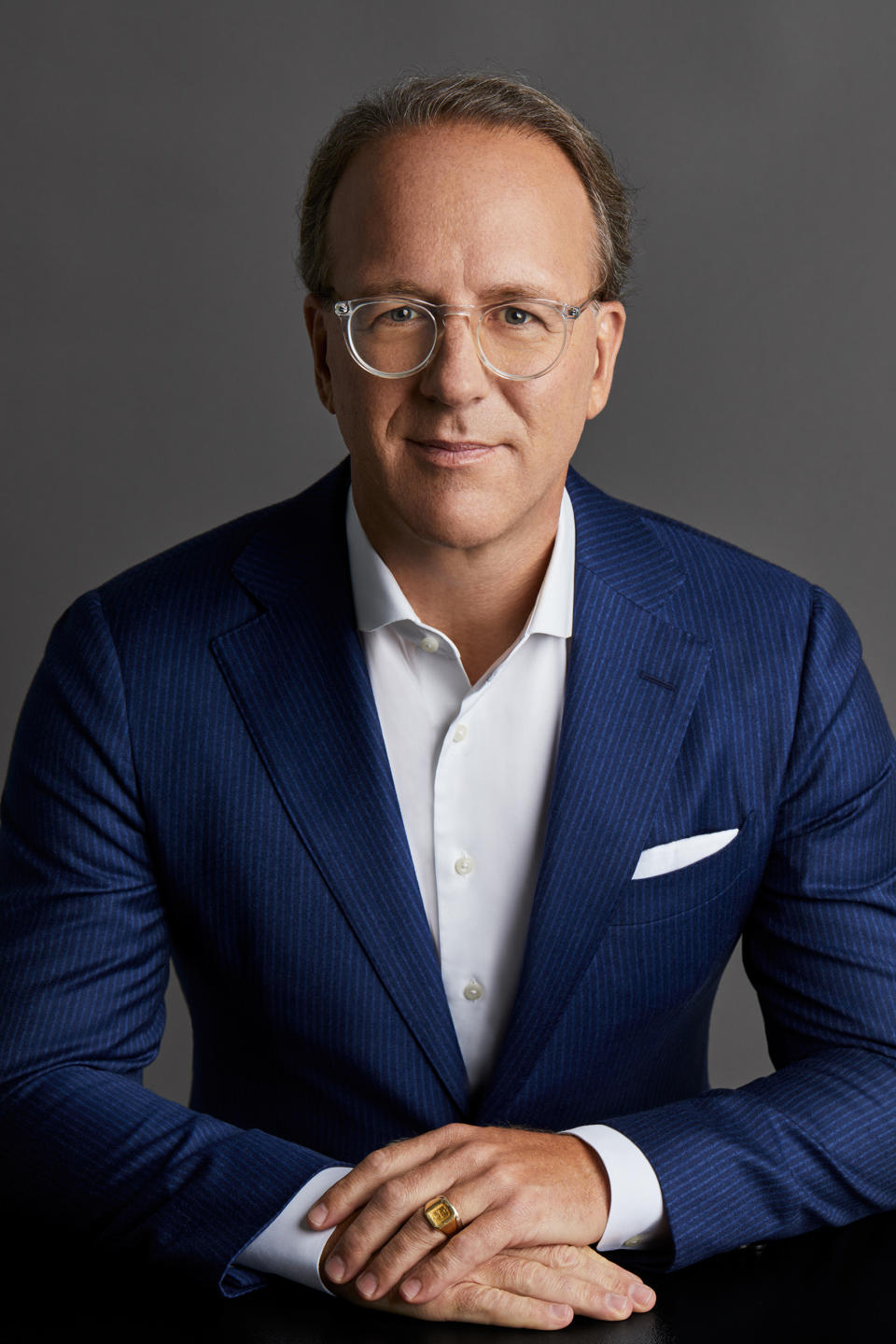Estée Lauder Cos. Will Open a Fragrance Atelier in Paris

PARIS — To accelerate its burgeoning luxury and prestige perfume business, the Estée Lauder Cos. Inc. plans to open a fragrance atelier in Paris next year.
“Fragrance has been a winning category for the company — since the early days, when we established fragrance with the Estée Lauder brand [in 1953],” Stéphane de la Faverie, executive group president at Lauder, told WWD, adding that over the past few years the category has been increasingly successful for the group.
More from WWD
Relational Wellness Company Peoplehood Launches Motherhood, a Relational Gathering
EXCLUSIVE: 'Dior J'Adore!' Exhibition Dives Into the House's Heritage
Reported net sales of the company’s perfume business, which includes the brands Tom Ford, Estée Lauder, Éditions de Parfums Frédéric Malle, Le Labo, Kilian Paris, Clinique, Jo Malone London, Aerin Beauty and Aramis, have grown almost 40 percent since fiscal year 2019, pre-pandemic.
Lauder, whose fragrance activity has posted 10 consecutive quarters of at least double-digit organic net sales growth through the end of fiscal year 2023, is investing in the category’s long-term opportunities with the atelier.
“We have a very strong portfolio of fragrances,” said de la Faverie. “And we really want with this atelier to build on the success that we have had for many, many years. We need to accelerate and to continue to outpace the fragrance market that we are seeing accelerating around the world.”
France was chosen for the atelier’s location since the country is the cradle of perfumery and many innovations stem from there. Paris is also where Lauder has its French offices, as do the head offices of the likes of Frédéric Malle and Kilian. Jo Malone’s headquarters, in London, isn’t far away either.
“It is also where many of the houses — the perfume houses, partners and ingredient suppliers, packaging suppliers and manufacturing suppliers are based,” said de la Faverie. “So for us it is really giving us the ability to be close to our historical partners with whom we want to reinforce our partnership.”
The goal is also to have access to the top creative talent, “to continue to unlock breakthrough product, breakthrough packaging, conceptual innovation and to make it happen at greater speed,” said de la Faverie. “Because consumers love luxury fragrances, prestige fragrances, and they constantly want to see them coming faster. We really want to preserve this quality at scale.”
The atelier is due to open by the end of 2024 and expand in phases.

“At the beginning it is going to be small, because we want an agile team working very close to our suppliers,” said de la Faverie.
“The atelier’s main objective is to be focused on innovation,” the executive underlined. Working there will be product developers and conceptual marketers, who will help bolster brands within the Estée Lauder group.
The atelier’s exact location in central Paris will be revealed at a later date.
“We’re really focusing on enabling the portfolio of brands that we have today. It’s about breakthrough innovation, speed, agility, artisanal quality at scale,” summed up de la Faverie, adding this should grow and increase the value of those brands in markets around the world.
It’s banking for the future.
“We really believe that the category of fragrance will continue to accelerate in the future,” said de la Faverie.
Years ago, Lauder identified what it calls “the inversion of the pyramid” — involving a rapid acceleration of luxury and niche fragrances — starting to take place.
“Consumers are looking for reinforcement of storytelling and experience, and higher quality in fragrances,” the executive said.
Then during the pandemic, the awareness of luxury and prestige fragrances accelerated tremendously online. And that was not just for traditional scents, but also for those in categories such as home and bath and body.
Premium fragrances generated sales of $37.7 billion in 2022, an 8.8 percent on-year increase, according to Euromonitor International.
The top of the pyramid represents about 15 percent of the total fragrance sales, but it is registering 2.5- to 2.6-times faster growth, de la Faverie said.
Eighty percent of the segment’s growth is being driven by young consumers — Millennials and Generation Zers.
There are also new markets, such as China, opening up to fragrance.
“We continue to see this acceleration,” said de la Faverie, explaining another factor contributing to the move is the fact that there is potential to broaden the group’s luxury and prestige fragrance brands’ distribution, which today is limited.
Best of WWD

